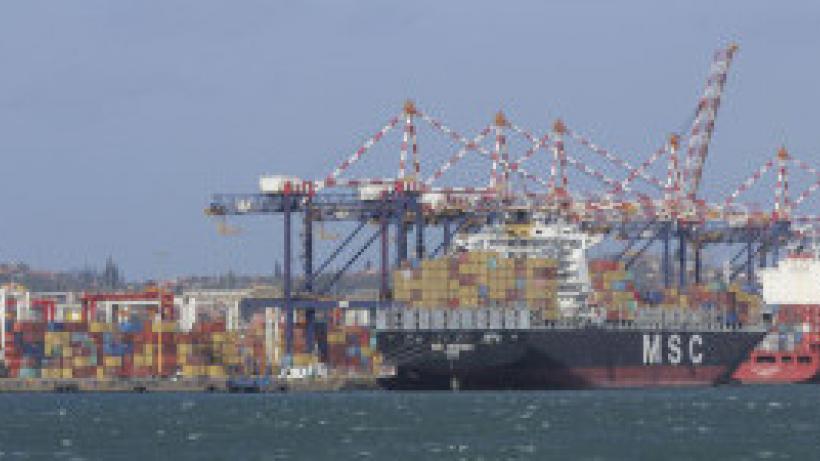
Public Lecture: Corruption and Trade (Sandra Sequeira)
On Monday 9 March Professor Sandra Sequeira (LSE) delivered a public lecture at the LSE on the impact of corruption on global trade. The lecture provided a good framework for analysing the types of corruption prevalent in global trade dynamics, and offered potential solutions based on her research in Mozambique and South Africa.
Corruption is a pervasive and expensive global problem – experts estimate $1tn is lost in bribes worldwide (in Africa, this is equivalent to 25% of GDP). Bribes have two types – collusive bribes (in which both sides benefit) and coercive bribes (where only one side benefits). Within trade, these sides are 1) the officials – customs offices, police, the gatekeepers etc and 2) private agents, normally firms or trade intermediaries.
Professor Sequeira then went on to analyse the drivers of corruption which included:
- Policy barriers e.g. tariffs, regulations and licenses. Here, the firms have an incentive to try and overcome these costs.
- Institutional opportunities, especially the predominant face to face interaction. Sequeira argued that this drive may reduce as countries move to electronic methods. She also argued that these opportunities are key, much more so than the traditional low salaries narrative.
- Networks – who people know, especially on the inside.
- Oligopolies – a lack of competition decreases transparency.
She then went on to analyse ways of measuring and tracking corruption. While acknowledging that it is a notoriously difficult ask, she outlined a variety of indirect and direct methods. The direct methods included her own research on discussing corruption with firms, and introducing trade monitors in Mozambique. With the latter project, she found that increasing transparency decreased corruption by 10%. She also outlined a project in China which simplified the complex tariff structures to reduce corruption, but only found a negligible (7%) drop in bribes.
These examples served to highlight that the problem of corruption is complex, and cannot be overcome by only targeting one of the drivers. Instead, we must understand who is benefitting from the corruption, and how to reduce their opportunities to do so.


